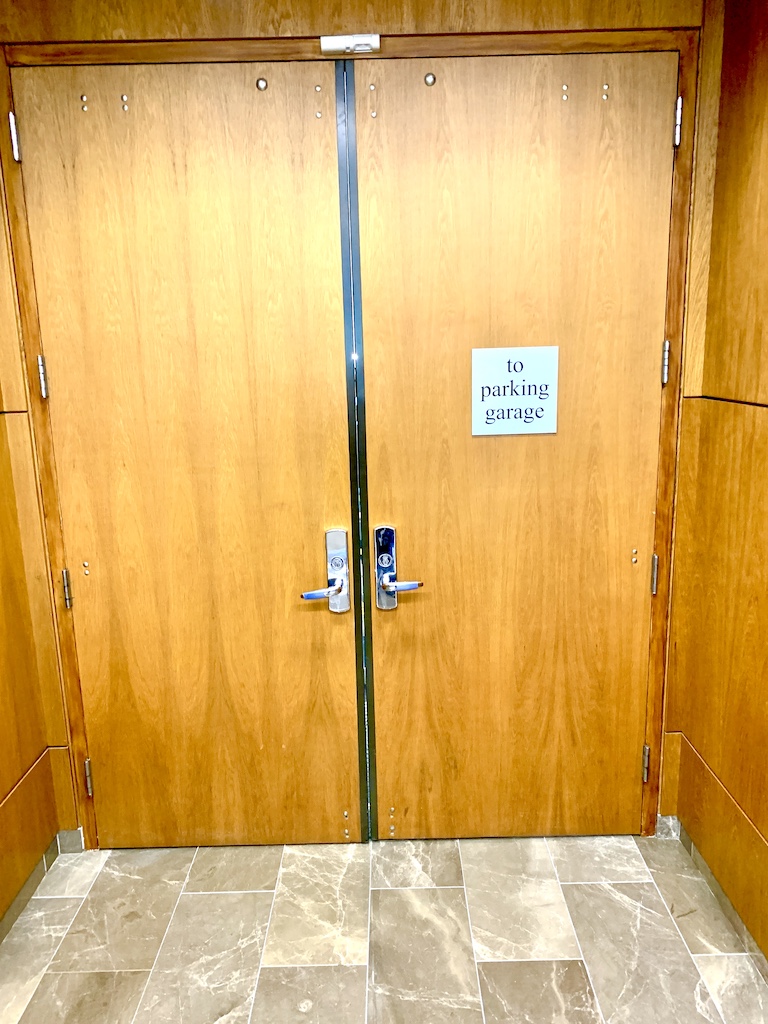Services
Selling A Business:
Can your business be sold?
- Many business owners assume they won’t be able to find a buyer for their company. So, they automatically end their business through liquidation. While this may be the quickest way to sell it is typically at fire-sale rates and gives absolutely no value to your business.
- Many business sellers choose to put their company on the market because their lease is up for renewal and they do not want to obligate themselves to another long-term contract. Sadly, they close their doors and do not realize any financial benefit of the customer base they spent years building.
What’s driving your decision to sell?
- You must first find your motivation and urgency. Some of the motivating factors may be that you’re bored with the business. You may feel burned out, you may want to move to a different area of the country, you may be facing health challenges, a recent divorce, family or personal changes might prompt the sale, and finally you may need to earn more money than your business is currently able to provide.
- Some other factors may be that your business would benefit from an increased investment in energy you don’t feel able to provide. You may be fed up with your business partners. Possibly, all of your net worth is tied up in the business and you want to sell in order to diversify or simply alleviate financial problems. Finally, and many times the most common reason, is that you want to retire.
What will you do after the sale?
- Oftentimes a business owner may want to sell but have made no plans on what they will do after the sale. One option may be to sell and walk away completely. Many times a buyer may want the seller to remain onboard for managerial purposes or part-time to help run the company. All of these transitional factors need to be considered and discussed prior to marketing your company for sale. Some options may be selling to an existing partner or employee, selling to another business, selling to an individual moving into the area, transitioning the company to next generation family members, selling to a key employee, selling to all of the employees as a group, or finally liquidating your business and closing the doors. All of these options have benefits and disadvantages. Consulting with a professional business broker is recommended to explore all of these options and weigh the benefits and disadvantages and how they align with your particular situation.
What factors determine the value of your business?
- Size: Investors pay more for shares of a larger company. The same can be true for buying businesses. Bigger companies can sell for higher multiples.
- Growth: This is the buyer’s reasonable expectation for future growth. It’s determined by the relevant growth history of the business compared to the relevant growth history of the market.
- Leverage: The ability of the business to borrow. This reduces the seller’s risk of carrying a note and can increase the value of the business.
- Profitability: The continued expectation of higher or lower than average profits. Higher revenues can be caused by lower prices, which leads to lower margins and lower profits. So, big businesses don’t always mean a big profit or a big valuation.
- Turnover: The ratio of tangible business assets to annual revenue. Assets can just be inventory. The impact of turnover is dependent on whether margins are high or low. Pricing a business right is more complex than most owners think. Price too high and the business may never sell… price too low and you’re leaving money on the table.
Remember, confidentiality is key during the sales process:
- Customers, competitors, suppliers, employees and creditors all will have different reactions if they learn that your business is for sale.
- Buyer prospects often react negatively to a business opportunity that has not been kept confidential. They may fear that a hint of a sale could disturb the confidence of the staff, suppliers and/or customers. Keep the offering confidential and continue working to maintain business for a potential sale.
Buying A Business:
Things to Consider:
- Understanding the purchase price.
- Formulating an offer
- Deciding to finance or pay cash
- Understanding due diligence
- What to expect at closing.
Understanding the Purchase Price
The starting point of a business purchase is understanding how the seller arrived at the purchase price. Many sellers and their brokers choose the business purchase price. It’s up to you to determine if the asking price is fair. But how do you do that? When working with a business broker they can provide comparable data on similar businesses that have sold.
Business values are typically determined by using a multiple based on different factors. Some multiples can be based on the seller’s discretionary earnings or annual gross revenue. Other factors such as inventory, tenant improvements, furniture, fixtures and equipment can be factors used to substantiate a business asking price. Formulating an offer after reviewing comparable sales data, you can choose to accept the purchase price of the seller or make an offer below the purchase price based on the sales data provided by your broker.
Understanding the multiples of sales from comparable companies will help to support and defend the price you offer to the seller.
Deciding to Finance or Pay Cash
Some businesses qualify for financing through the US Small Business Administration (SBA). Created in 1953 as an independent agency of the federal government, the Small Business Administration was formed to aid in the financing and promotion of small business ventures both existing and new start ups. The best option that fits your particular needs will be based largely on your current financial situation and the circumstance of the seller. Some other options are commercial loans, and seller financing. If contemplating an SBA loan you should first make sure the business has been SBA approved by the seller and their broker. This will save valuable time and is a good sign of the business’ financial viability. Buying a business with cash can sometimes result in a discounted purchase price.
Understanding Due Diligence
Due diligence is the process of verifying the business information as it was represented by the seller If there are any discrepancies discovered, they must be addressed.
What should be included in a due diligence checklist? A due diligence checklist should be developed with the help of your broker and other consultants to ensure that all important aspects of the business information is reviewed and verified.
As example of some of the things that should be verified in due diligence are as follows:
- P&L, balance sheet, general ledger, accounts payable and receivable
- Tax returns for the past three years
- Inventory and equipment including values
- Articles of incorporation and any amendments
- Brand identity, logo, website domains, email addresses, phone numbers
- All nondisclosure or non-compete agreements
- Customer database, subscriber lists and sales records
- Pending litigation or threats of litigation
- Professional licenses and permits
- Employee roster
- Employee contracts and independent contractor agreements
- Payroll information and employee tax forms
- Employee benefits, retirement plan and insurance
- atents, trademarks and copyrights if included
- Proprietary formulas, recipes, or technical know-how if included
- All rights to data and digital information ownership
- All work-for-hire or consulting agreements
- Due diligence is a very detailed process. With the assistance of your business broker, as well as your attorney and CPA, you should be able to uncover any issues and make a decision as to whether or not to move forward with the purchase.
What to Expect at Closing
Closing may occur in an attorney’s office or sometimes may be done virtually depending on the type of business and the documents that are required. Some documents are required to be notarized and can not be done virtually. Don’t forget to bring a copy of your photo ID with you.
Funding the Closing
After review of all the documents, you’ll be required to send the balance due for closing by wire transfer. If you have a lender financing the purchase their funds will be wired to the closing attorney as well. If seller financing is involved the term sheet and promissory note will be executed at this time as well. If you are entering into a new lease for the business location that document will also be presented at closing to be signed on behalf of the landlord. Many times there are items that cannot be transferred to the buyer until after the closing has occurred. In these instances, agreements will be drafted and executed detailing the processes necessary to occur after the closing. Many times a portion of the seller’s proceeds will be “held back” in escrow until all of the after closing requirements have been satisfied.



